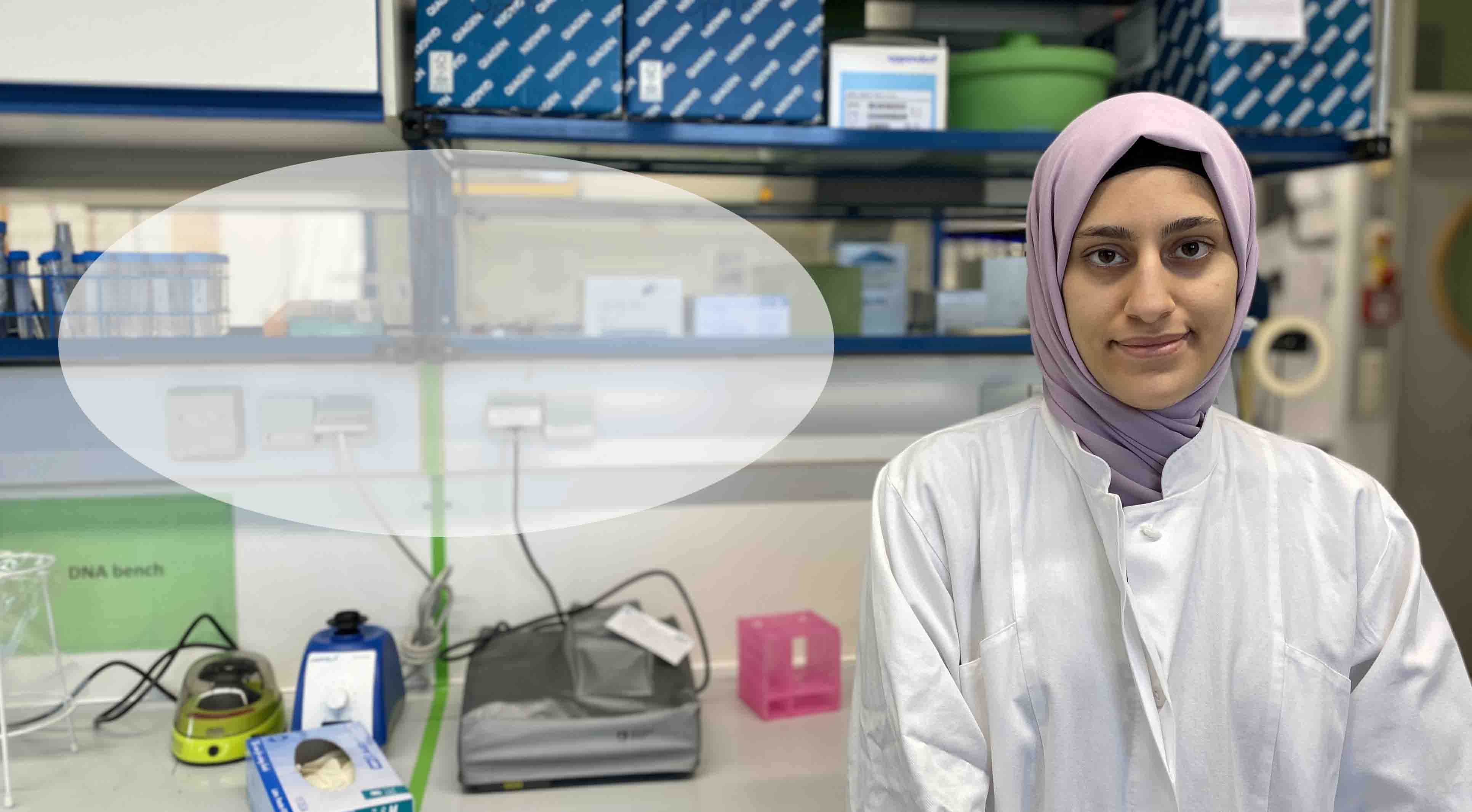Complement is one of the most important players in innate immune defence. Three activation pathways lead to the activation of the terminal complement (TC) pathway. However, during complement dysregulation, Nisseria and insufficiently protected human cells are also attacked. Of the several TC proteins, C7 plays a particular role, as it is the first component facilitating membrane attachment and the only predominately synthesized extrahepatically. Thus, locally produced C7 can enhance complement attack at inflammatory sites.
Monoclonal antibodies (mAbs) against C7 are already available, however, those which are clearly native-restricted or neo-epitope specific are lacking. The former will detect only native C7 and may even block TC complex assembly, whereas the latter may be useful for the quantification of this complex. The aim of my PhD thesis project is the generation and commercial production of anti-C7 mAbs.
The first steps to achieve these goals is to identify short amino acid region of C7 that are likely accessible in wither the native or the incorporated C7 protein. Furthermore, generation of mAbs against iso- or allospecific forms of C7 will also be investigated. The peptides generated from the identified C7 sequences will be used for immunization of rabbits and mice to generate specific antibodies.
Mariam is also a Marie Sklodowska-Curie fellow of the EU funded European Joint Doctorate CORVOS (COmplement Regulation and Variation of Opportunistic infectionS). Therefore, she is also a PhD student of the Semmelweis University in Budapest, Hungary.







